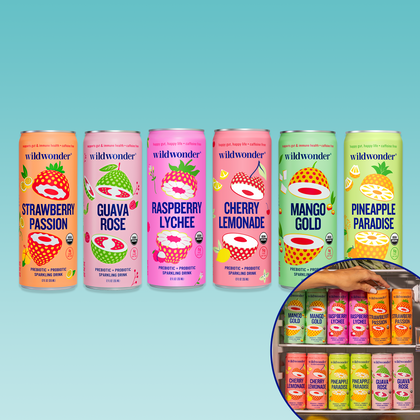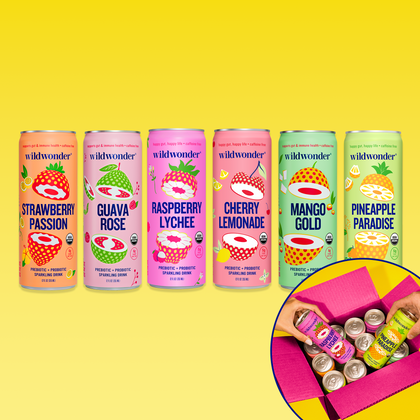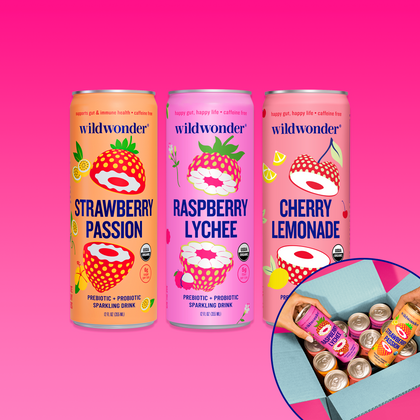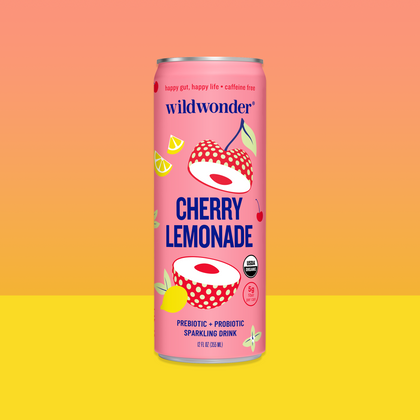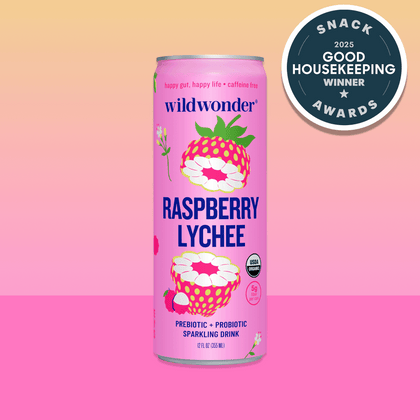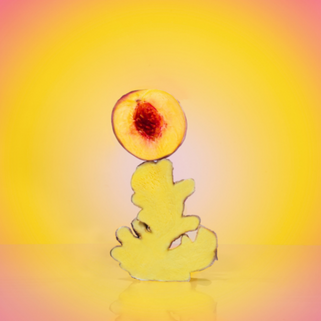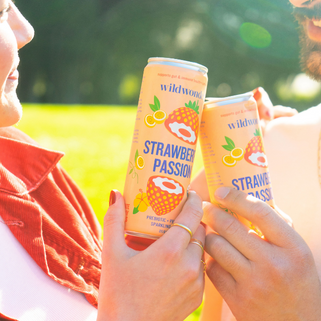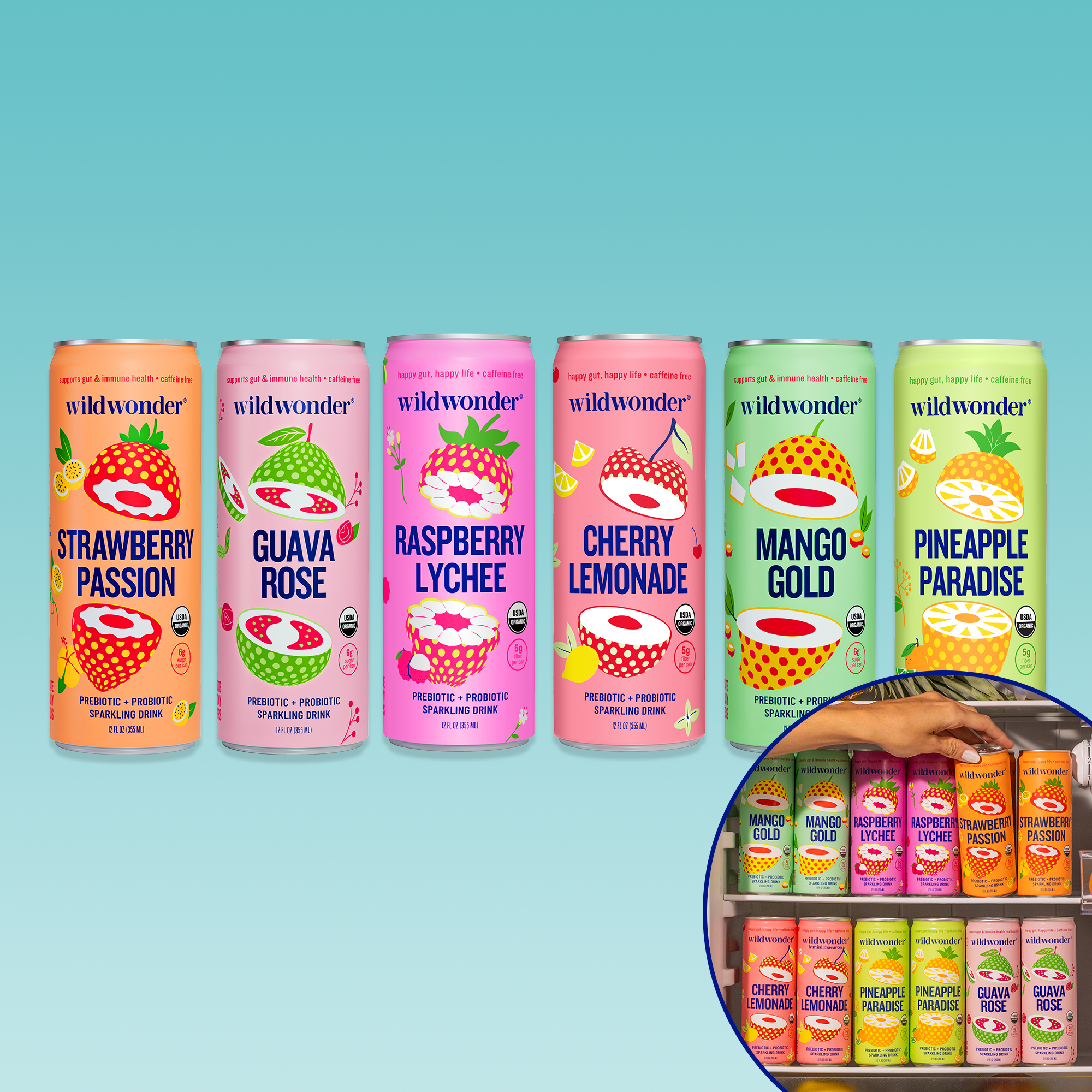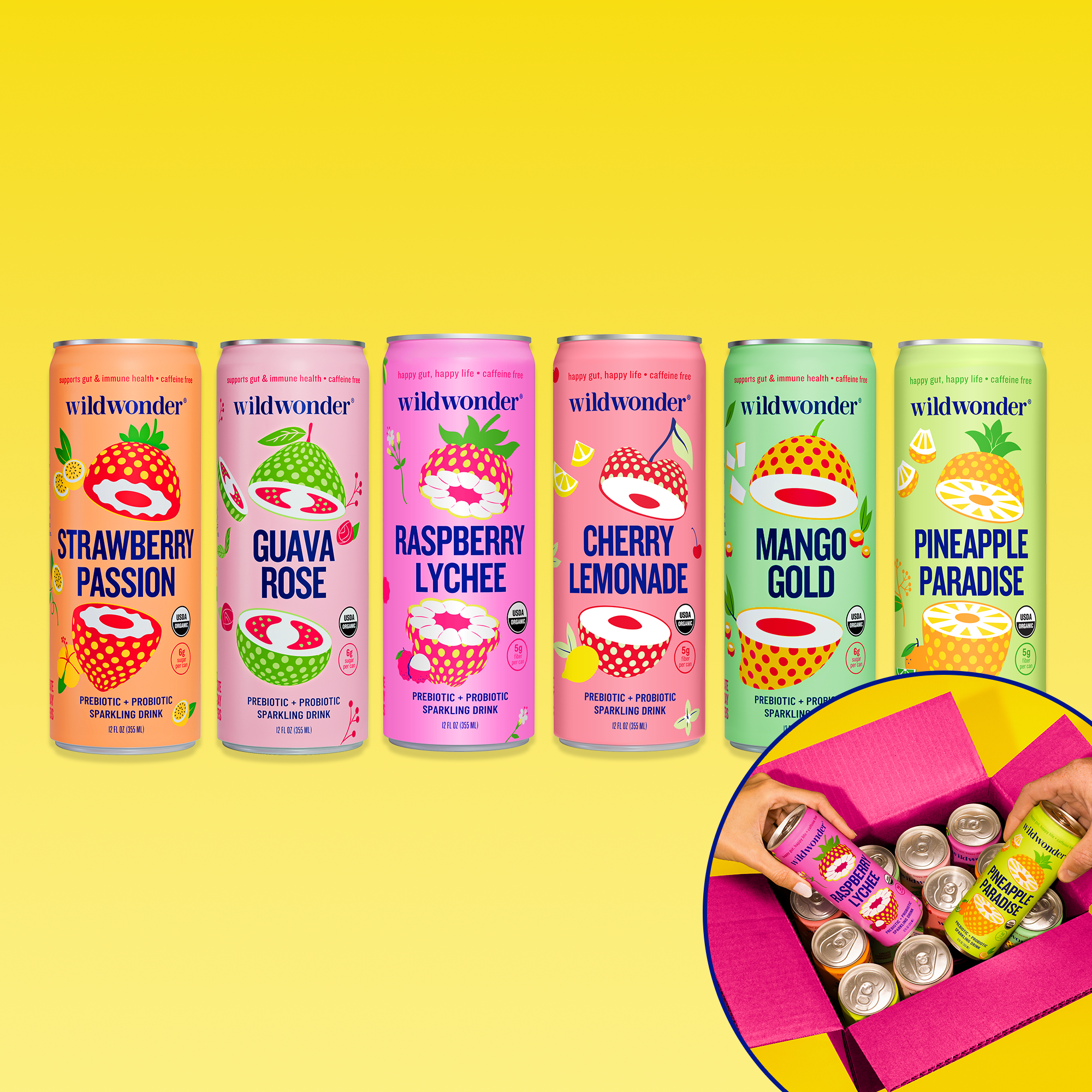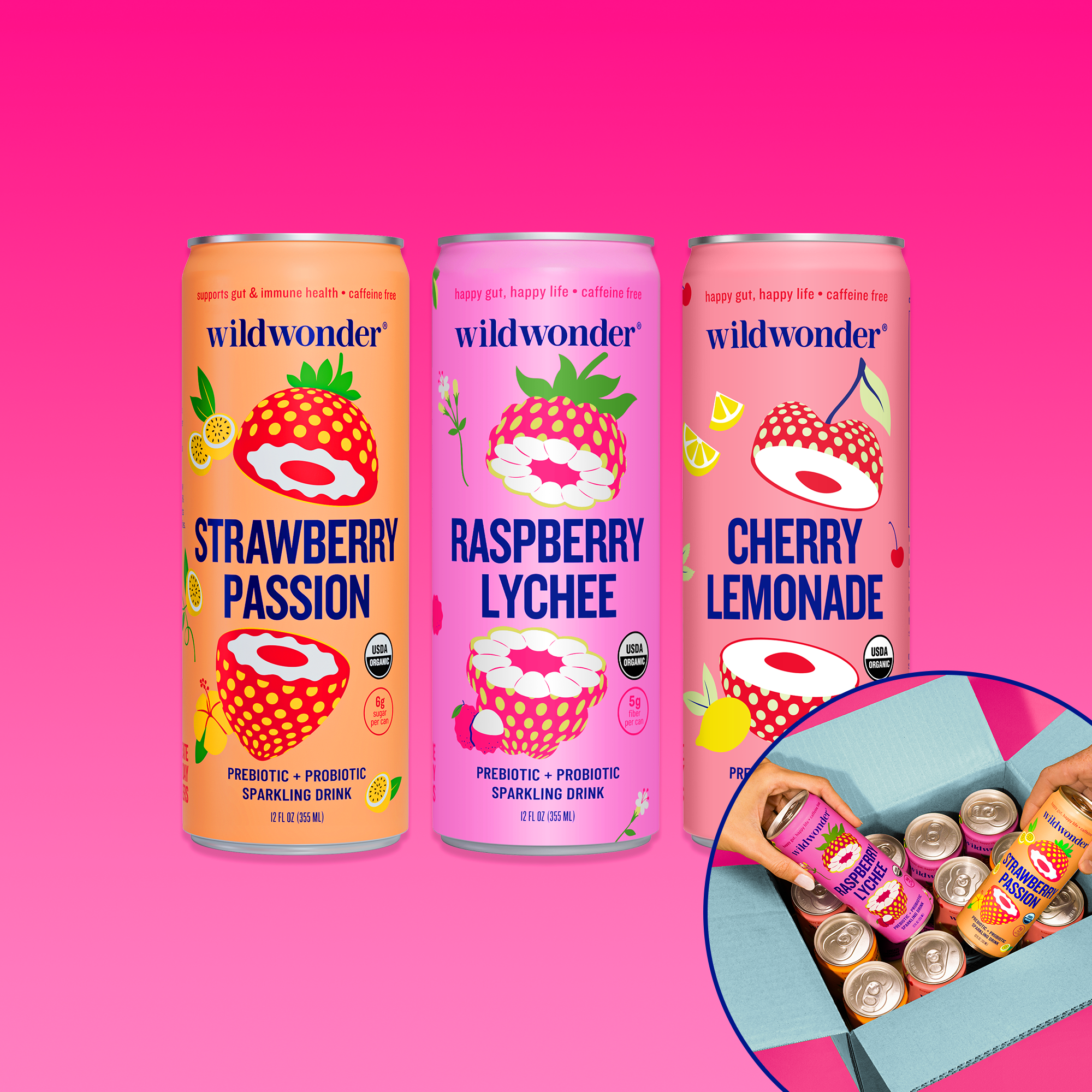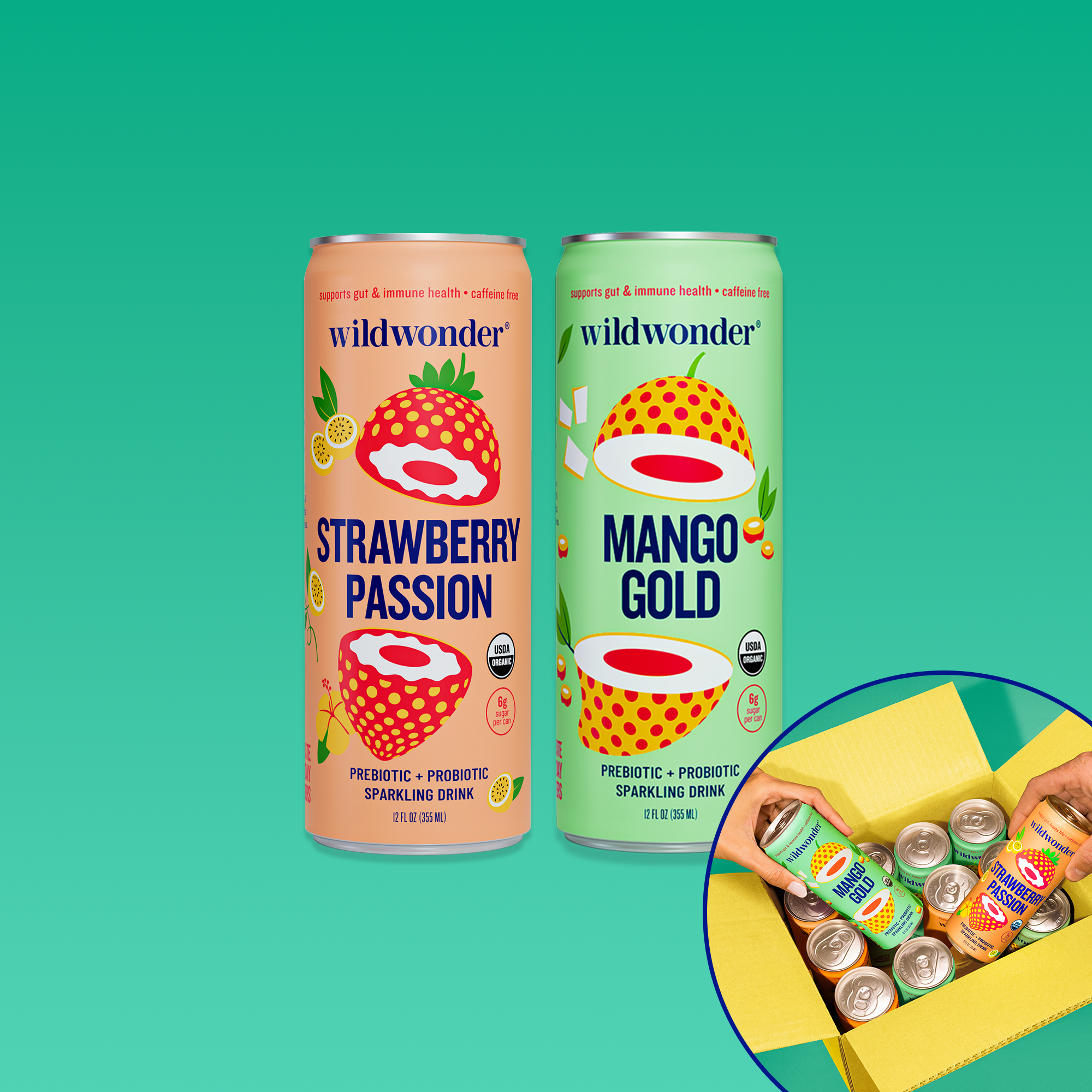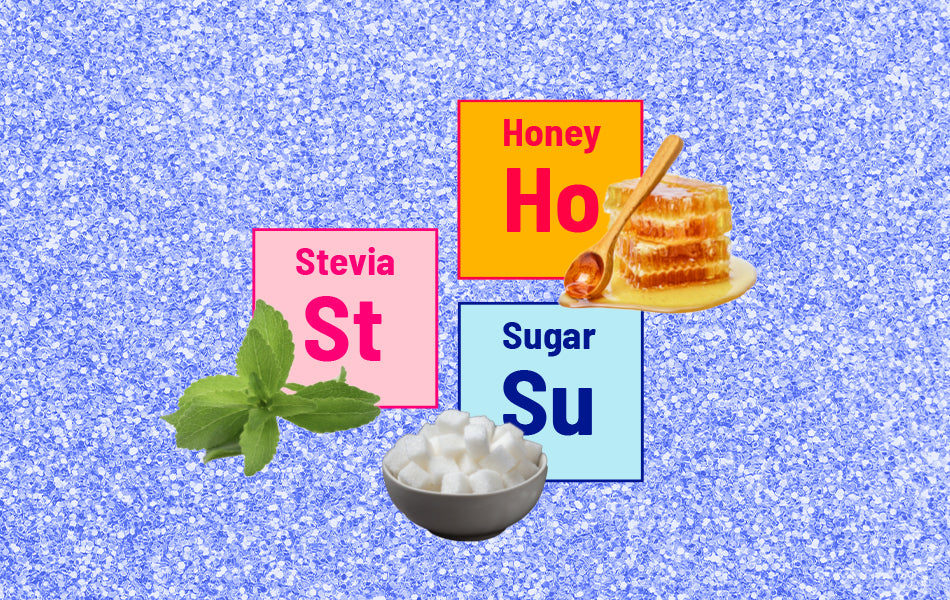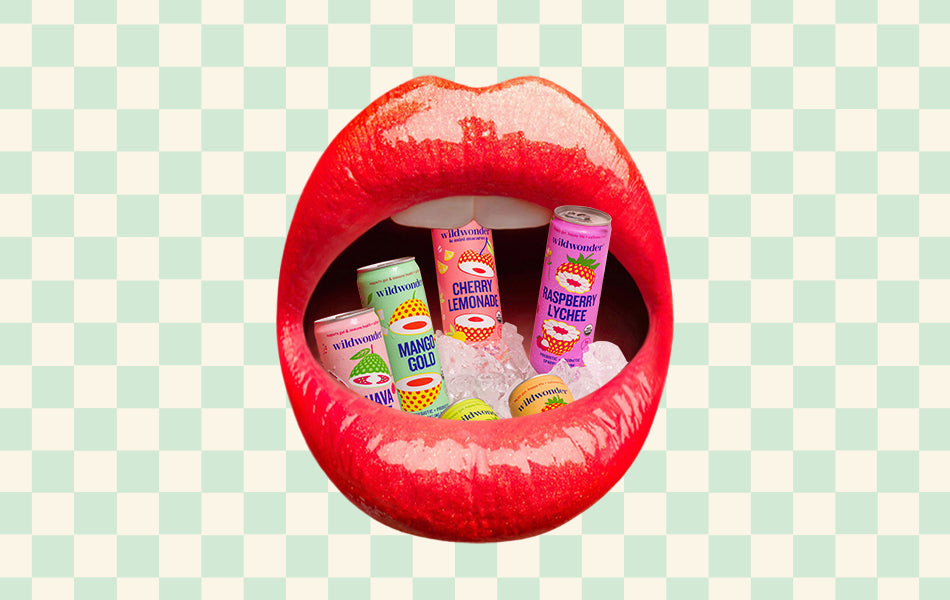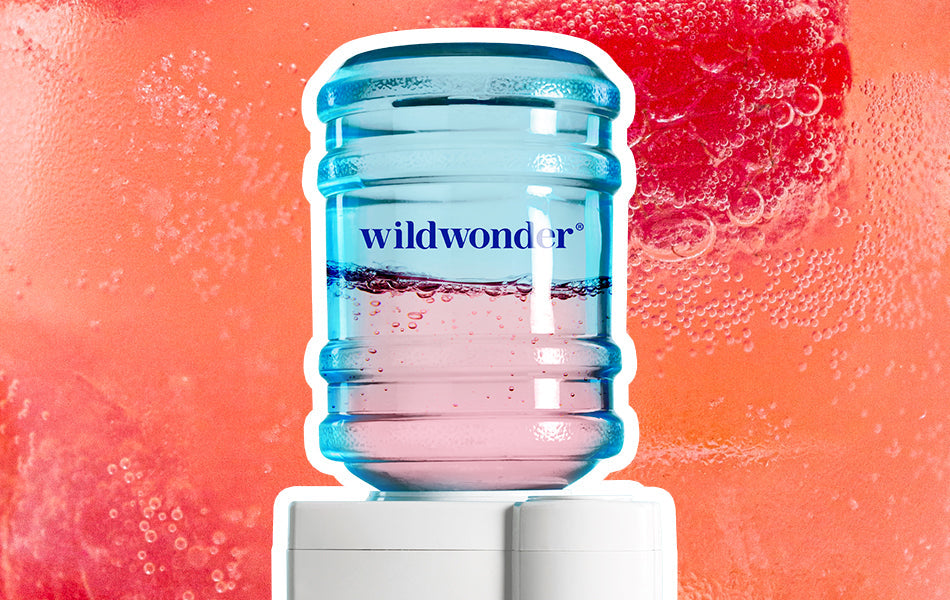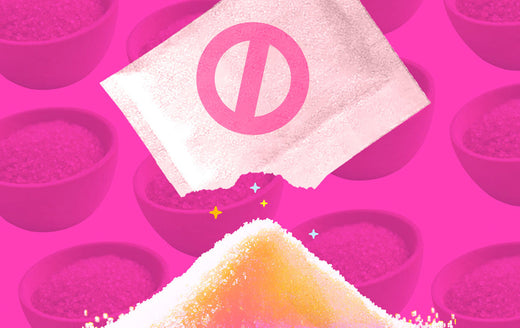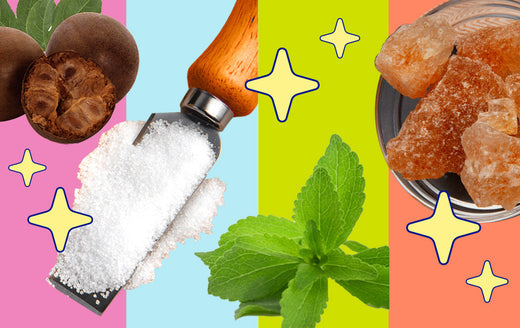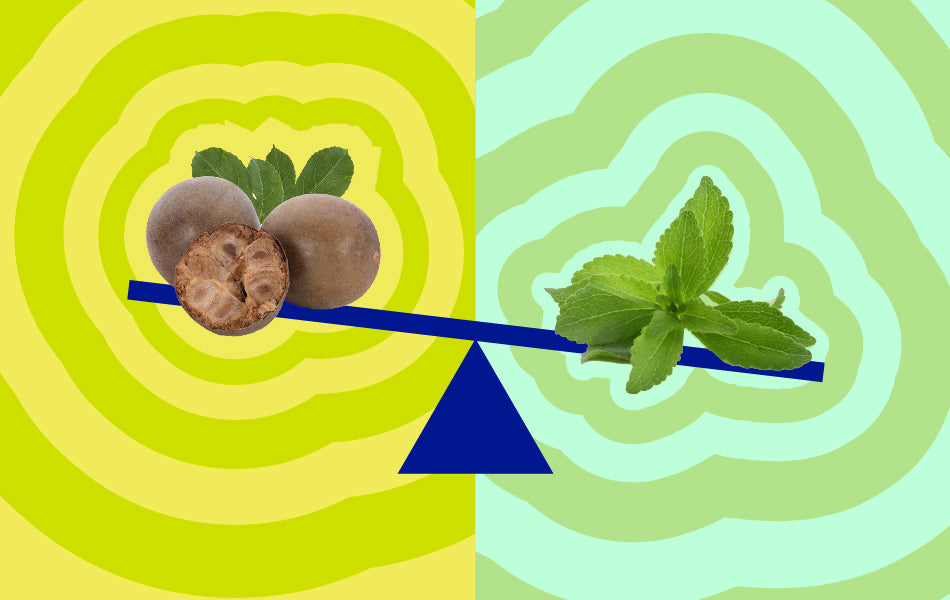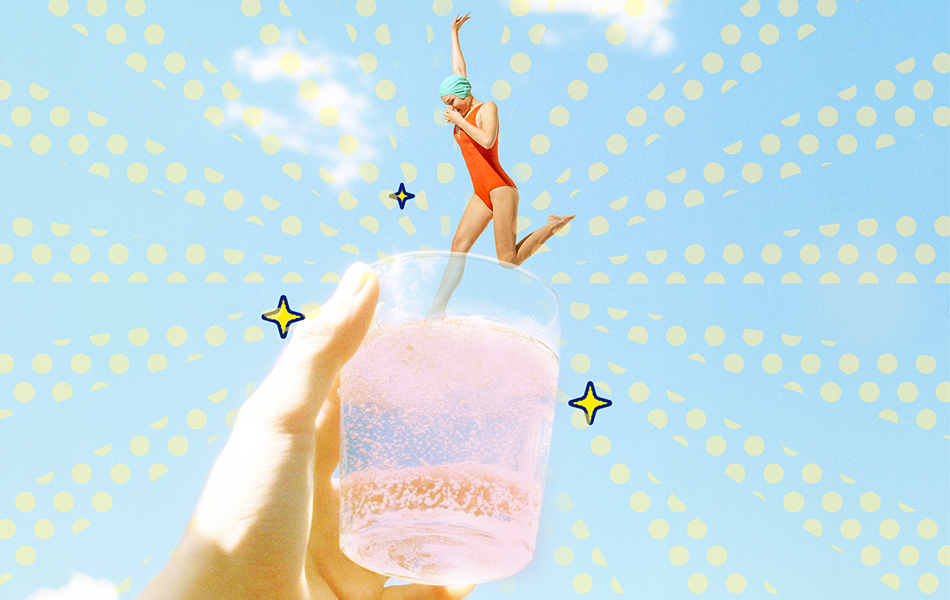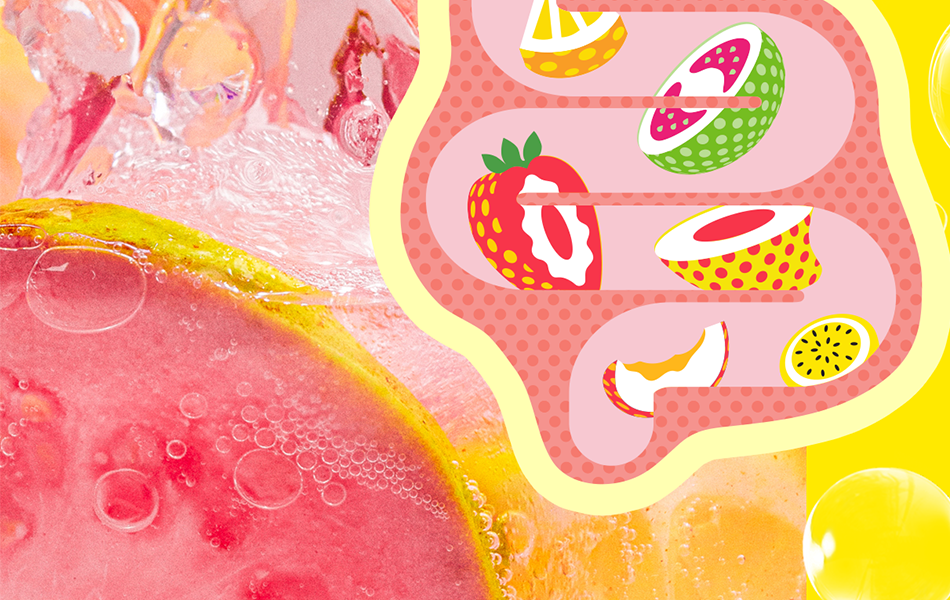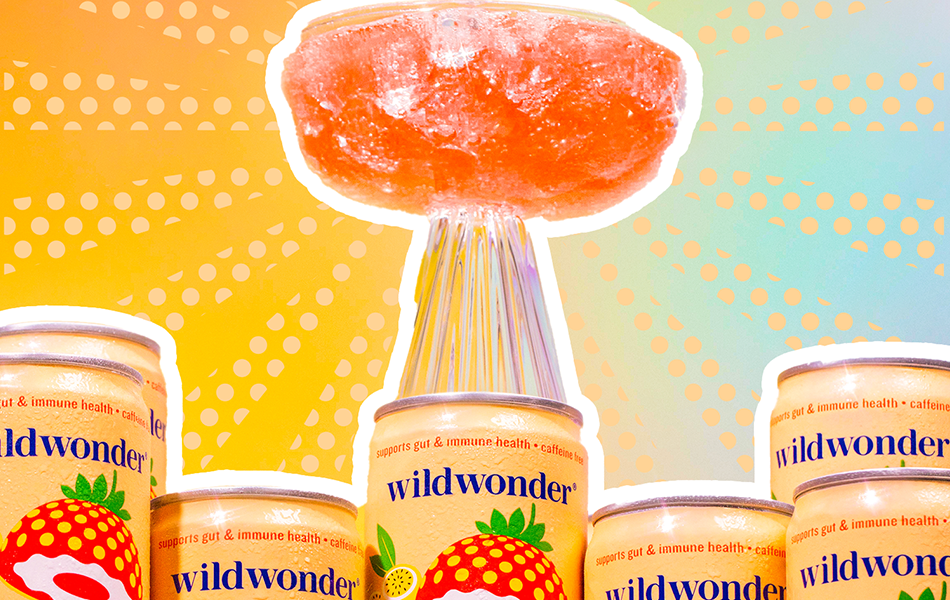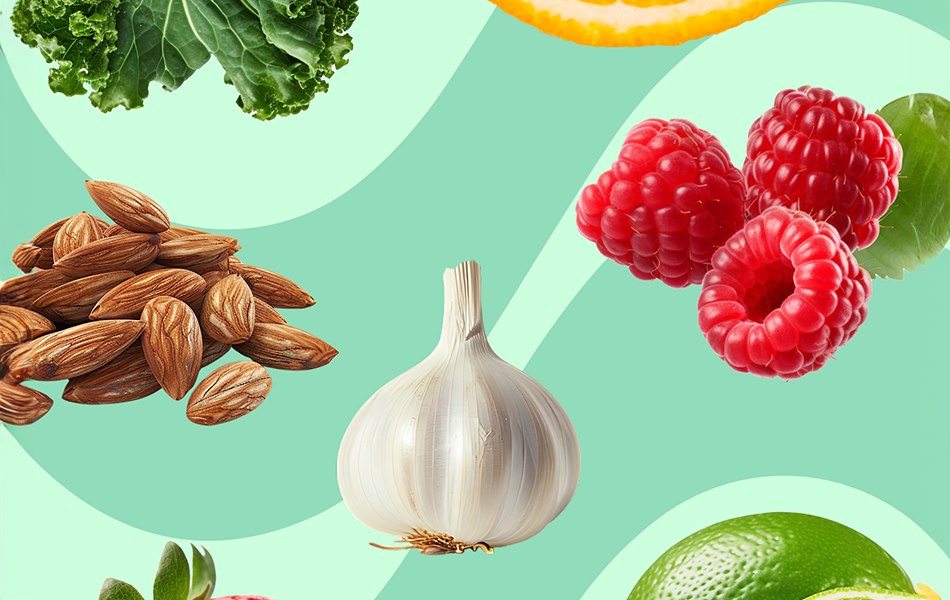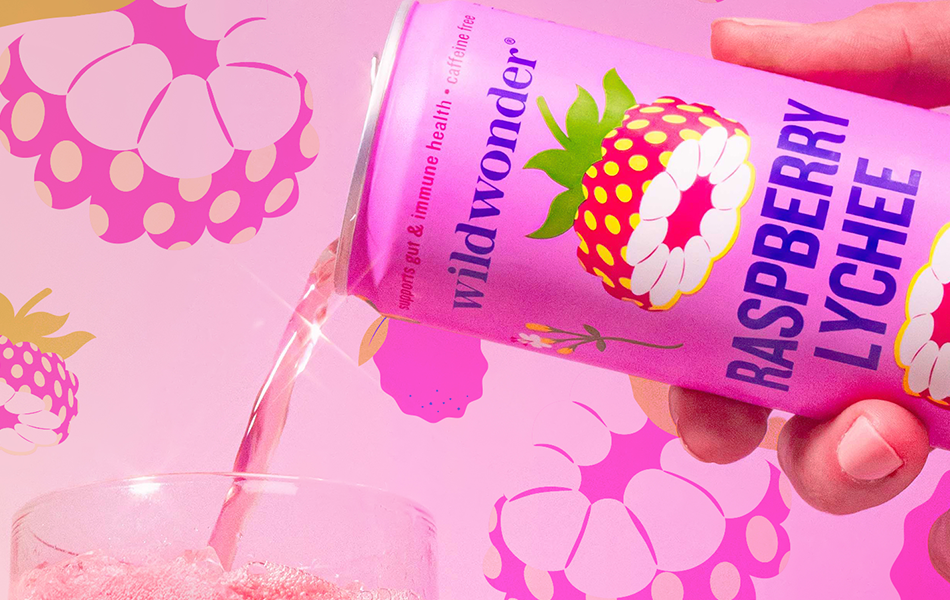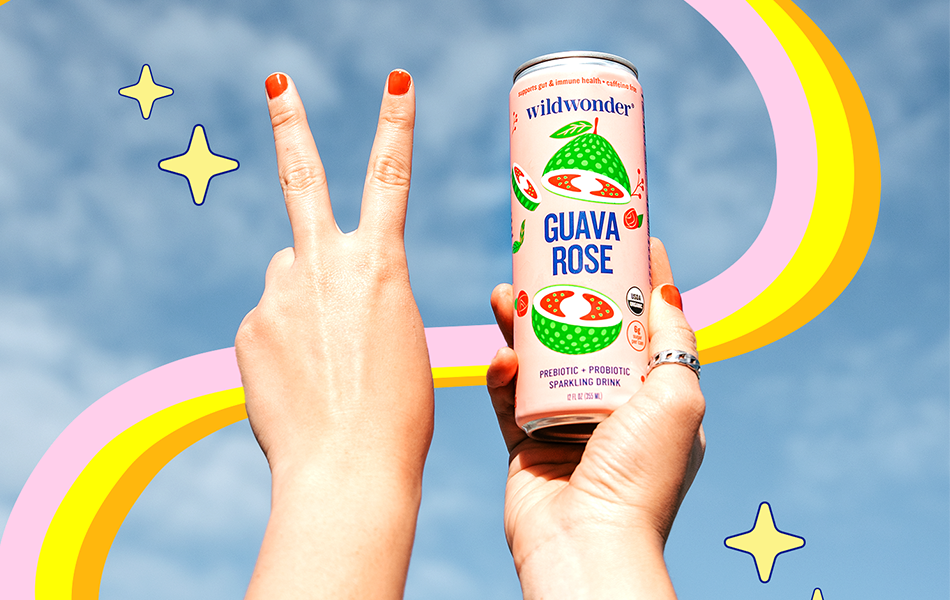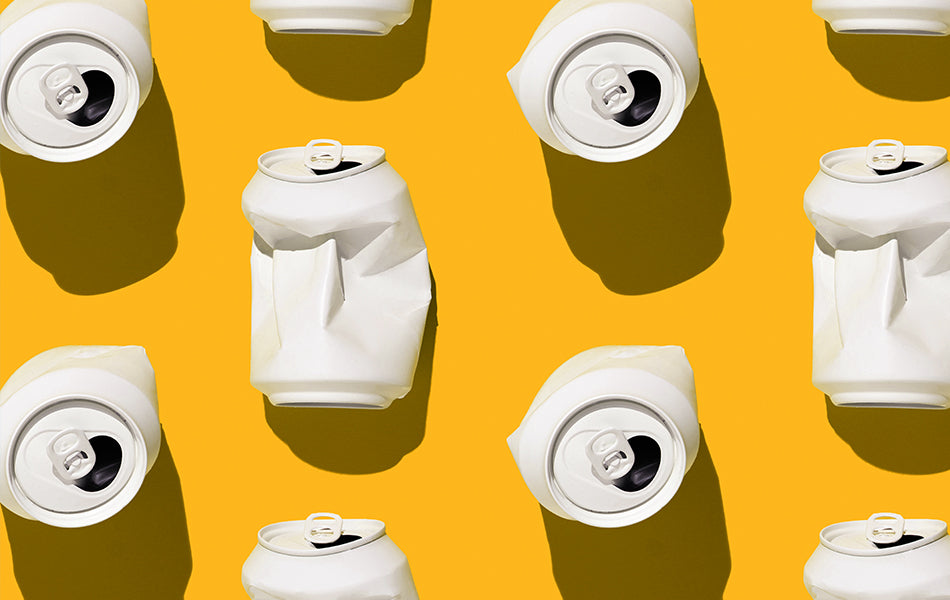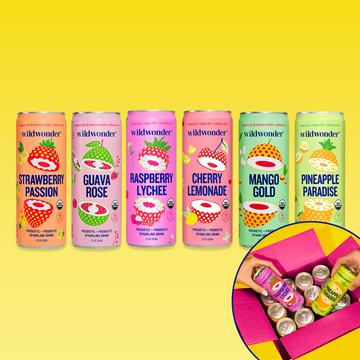Prebiotic drinks have been gaining popularity lately, claiming to support gut health while offering a refreshing alternative to traditional sugary beverages. With vibrant flavors and promises of better digestion, it’s no wonder these drinks are quickly becoming a favorite among health-conscious individuals. However, consuming prebiotics can have both health benefits and risks, particularly when it comes to prebiotic sodas. These beverages generally contain significantly less added sugar compared to traditional sodas, contributing to a healthier profile. Traditional soda, on the other hand, often has higher sugar content and lacks the additional health benefits of prebiotic options. These beverages are now widely available in stores like Whole Foods, making them more accessible to the general public. But as with any trendy product, it’s important to dig a little deeper and understand what you’re putting into your body before cracking open the can.
Why?
While prebiotic sodas offer undeniable wellness perks, they can also come with some side effects – especially if your gut isn’t used to the added fiber. This guide breaks down the most common side effects, why they happen, who should proceed with caution, and how wildwonder offers a gentler, gut-friendly approach to prebiotic drinks.
Understanding Prebiotic Sodas
What Makes a Soda "Prebiotic"?
Prebiotic sodas are carbonated beverages infused with plant-based fibers that fuel the growth of healthy gut bacteria. Unlike probiotics (which are live bacteria), prebiotics are fuel for your gut’s beneficial microbes, helping them thrive and support digestive health, immunity, and even mood. Apple cider vinegar is also a key ingredient in many prebiotic sodas, enhancing flavor and potentially offering digestive benefits.
Many prebiotic sodas on the market today boast plant-based fibers that can promote gut health. Here’s a closer look at some of the most common ingredients and what they bring to the table—all explained in an approachable way! Natural flavors and fruit juice are often used to enhance the taste of prebiotic sodas, making them appealing to health-conscious consumers.
Inulin (Chicory Root, Agave)
One of the most popular prebiotic fibers, inulin is a game-changer for digestive health. Sourced from plants like chicory root and agave, inulin works by feeding the good bacteria in your gut, helping to support regular digestion. Plus, it has a mild, slightly sweet taste, making it an excellent addition to sodas without overpowering the flavor. However, like all fiber-rich ingredients, moderation is key, especially if you’re not used to consuming much fiber, as too much inulin can sometimes lead to mild bloating. It’s important to monitor your intake and aim for a balanced amount of grams of fiber to avoid discomfort.
Jerusalem Artichoke
Another fantastic plant-based source of inulin, Jerusalem artichoke is often celebrated for its ability to act as a natural fiber booster. It’s a slightly nutty, earthy ingredient that blends seamlessly into soda recipes. Inulin is found in many foods such as fruits, vegetables, and grains, making it a versatile and beneficial addition to your diet. That said, if you have a more sensitive stomach, it’s worth noting that consuming large amounts of Jerusalem artichoke can sometimes cause gas or bloating, so it’s a good idea to start slow and see how your body reacts.
Other Plant-Based Fibers
Sodas often get creative with fiber-packed ingredients like nopal cactus or cassava fiber, both of which are rich in nutrients and prebiotic benefits. These plant-based fibers are amazing options for supporting gut health, but their high fiber content can feel a little overwhelming for beginners. The key is to introduce them gradually into your diet to avoid any discomfort while still reaping the digestive benefits. Guar gum is another plant-based fiber used in prebiotic sodas, known for enhancing gut health and providing a smooth texture.
Each of these ingredients not only supports gut health but also contributes to a soda’s natural flavor profile and smooth texture. Whether you’re new to prebiotic sodas or looking to try something new, knowing the role of these fibers can make it easier to find the option that works best for you!
Common Side Effects of Prebiotic Sodas
Digestive Distress
One of the most common side effects of consuming prebiotic ingredients in sodas is digestive distress, primarily gas and bloating. Unlike traditional sodas, which often contain high levels of sugar or artificial sweeteners, prebiotic sodas can still cause discomfort due to their fiber content. Additionally, prebiotic sodas have a lesser presence of artificial chemical sweeteners compared to calorie-free diet sodas. Consuming too much fiber can exacerbate these issues, leading to uncomfortable side effects. This happens because prebiotic fibers are fermented by gut bacteria, a natural process that produces gas as a byproduct. If you’re not used to consuming much fiber, your digestive system might need some time to adjust. Starting with smaller amounts and gradually increasing intake can often help ease these symptoms.
Abdominal Cramping
For some people, rapid fermentation or consuming excessive amounts of prebiotic fiber can lead to abdominal cramping. This discomfort is usually temporary and tends to lessen as the body acclimates to the higher fiber levels. To avoid this, keeping portion sizes reasonable and spreading out fiber-rich foods or beverages throughout the day can make a big difference.
Changes in Bowel Movements
Another possible side effect is changes in bowel movements. While prebiotic ingredients are great for overall gut health, some individuals may experience looser stools or mild diarrhea when they first increase their fiber intake. This is completely normal and typically resolves on its own. Staying hydrated and giving your body time to adapt can help manage these changes effectively.
Why Side Effects Occur
Fermentation Process
Prebiotics are essentially food for your gut microbes. When these microbes digest prebiotics, they produce short-chain fatty acids (SCFAs), which are highly beneficial for gut health. However, during this fermentation process, gas can be released as a byproduct. This is why some people may experience bloating or discomfort after consuming prebiotic-rich sodas. It's a natural part of your gut microbes doing their job, but the intensity of side effects can vary from person to person.
Rapid Increase in Fiber Intake
Jumping from a low-fiber diet to suddenly consuming a high amount of prebiotics can shock your digestive system, especially when trying to meet the recommended daily fiber intake based on your gender and age. It is important to consume an optimal amount of prebiotics daily, generally around five grams, to support gut health, though individual needs may vary. Think of it like deciding to run a marathon when you’ve never jogged before—it’s a lot for your body to handle all at once. Your gut needs time to adjust to the higher fiber levels, so it’s generally a good idea to slowly increase your intake. This gradual approach can help minimize any unpleasant side effects and ensure you achieve your fiber goals effectively.
Comparing Side Effects by Prebiotic Type
Not all prebiotics are created equal, and they can have different effects on your digestion. For example, inulin is a popular prebiotic but is known for being more fermentable, which means it can lead to increased gas production compared to other fibers. On the other hand, some prebiotics are gentler and less likely to cause noticeable digestive issues. It’s also important to remember that everyone’s gut microbiome is unique, so individual responses to prebiotics can differ widely. What causes discomfort for one person might be perfectly fine for another.
Who Should Exercise Caution with Prebiotic Sodas
People with Digestive Conditions
IBS and FODMAP Sensitivity
For those with irritable bowel syndrome (IBS), prebiotics can be a double-edged sword. Many prebiotic ingredients, such as inulin and fructooligosaccharides (FOS), are classified as FODMAPs—fermentable carbohydrates that some people have trouble digesting. When consumed, these can lead to bloating, gas, and discomfort for those sensitive to FODMAPs. If you have IBS, it’s a good idea to approach prebiotic sodas with caution and gradually introduce them to gauge your tolerance. Additionally, individuals with FODMAP sensitivity may experience gastrointestinal distress when they drink prebiotic soda. High sugar intake from these beverages can also increase the risk of heart disease.
Inflammatory Bowel Disease (IBD)
If you’re managing IBD, such as Crohn’s disease or ulcerative colitis, prebiotic intake might require additional attention. While prebiotics can support gut health in moderation, consuming large amounts has the potential to exacerbate inflammation for some individuals. Consulting with your healthcare provider before incorporating prebiotic sodas is always a wise step to ensure they align with your dietary needs. Prebiotics can also help manage blood sugar levels, providing additional health benefits.
Other Considerations
Those with compromised immune systems, digestive conditions, or pregnant women should also be cautious when they drink prebiotic soda. The potential risks associated with these drinks can vary, and it’s important to consider individual health conditions and consult with a healthcare professional.
Individuals with Certain Allergies
Chicory and Daisy Family Allergies
Chicory root, a common prebiotic ingredient, comes from the daisy family, which can trigger allergic reactions in people sensitive to ragweed, marigolds, or daisies. If you’ve experienced allergic reactions to these plants, be mindful when consuming sodas made with chicory root, as it could lead to symptoms such as itching, swelling, or respiratory issues.
Cross-Reactive Pollen Allergies
Those with pollen allergies might also notice mild, cross-reactive responses to certain plant-based fibers found in prebiotic sodas. While these reactions are usually not severe, it’s still something to keep in mind if you are prone to seasonal allergies and notice any unusual sensitivity.
Low-Fiber Diet Transitioners
If your usual diet doesn’t include much fiber from fruits, vegetables, or whole grains, adding prebiotic sodas as a healthier alternative all at once might catch your digestive system off guard. These prebiotic sodas often contain less sugar compared to traditional sodas, making them a beneficial choice for those looking to reduce their sugar intake. This sudden increase in fiber may lead to temporary bloating or irregularity as your gut adjusts. To avoid discomfort, start slow and introduce prebiotics gradually, giving your body time to adapt to healthier levels of fiber over time.
How to Minimize Prebiotic Soda Side Effects
Start Slow and Build Tolerance
When introducing prebiotic sodas into your routine, it’s important to consume prebiotics safely. Start with half a can or enjoy one every few days to allow your gut time to adapt to the increased fiber intake. This gradual approach can help minimize any discomfort while your digestive system adjusts.
Pair with Adequate Hydration
Prebiotic fiber works best when paired with sufficient water intake. Staying hydrated ensures that your digestive system moves smoothly and helps reduce the chances of bloating or cramping. Make it a habit to drink plenty of water throughout the day, especially when consuming these fiber-rich sodas.
Find Your Personal Limit
Everyone’s digestive system is unique, so it’s essential to find the amount of prebiotic soda that works best for you. Some people may feel great drinking one can a day, while others might prefer spacing them out over several days. Pay attention to how your body responds and adjust your consumption accordingly.
Timing Your Consumption
To reduce the potential for bloating or gas, try drinking prebiotic sodas with your meals. This slows down the fermentation process in your gut and may make the transition to prebiotic ingredients easier on your system. Experiment with timing to find what works best for your routine and comfort.
Balancing Benefits and Side Effects
Weighing Gut Health Advantages
Prebiotic sodas can support digestion, immunity, and even mood by feeding the good bacteria in your gut. With regular, moderate use, many people experience fewer symptoms over time and long-term health benefits.
Alternatives with Fewer Side Effects
Wildwonder's Balanced Approach
At wildwonder, we use just the right amount of prebiotic fiber—combined with probiotics and herbal botanicals—to deliver gut health benefits without overwhelming your system. We also incorporate monk fruit as a natural sweetener in our prebiotic sodas. Our drinks are carefully crafted to be flavorful, functional, and gentle on your digestive system. Plant-based fiber plays a crucial role in supporting gut health by serving as a food source for beneficial gut bacteria.
Explore the benefits of wildwonder’s gut-friendly drinks or learn how we stack up against diet soda.
Food-Based Prebiotic Options
Prefer to eat your fiber? Incorporating more fiber into your diet has numerous benefits, including improved digestion and overall gut health. Bananas are not only a quick, portable snack but also gentle on the stomach and an excellent source of natural dietary fiber. Whole plant foods serve as a natural source of prebiotics, emphasizing the importance of fiber diversity from these foods. Oats, whether enjoyed as a warm bowl of oatmeal or added to smoothies, are another powerhouse packed with soluble fiber that aids digestion. Garlic may add a burst of flavor to your dishes, but it’s also prebiotic-rich, helping nourish the good bacteria in your gut. And don’t forget whole grains; they’re a hearty, versatile option to keep your fiber intake steady, whether you prefer whole wheat bread, brown rice, or quinoa. You can also enjoy fiber foods alongside prebiotic sodas.
Final Thoughts: Making Prebiotic Sodas Work for You
Prebiotic sodas are not just a passing trend; they’re a functional beverage designed to support microbiome health in an easy and enjoyable way. These carbonated soft drinks include prebiotic sodas, which are enriched with fiber and designed to support gut health. These drinks help nourish the beneficial bacteria in your gut, promoting improved digestion and overall well-being. Dietary fibers in these beverages serve as prebiotics, which are not digestible by the body but nourish the gut microbiome. Healthy bacteria play an essential role in digestion and overall wellness, making it important to cultivate them for optimal health. However, when incorporating prebiotic sodas into your routine, it’s essential to introduce them gradually to allow your body to adjust. Wildwonder, for instance, stands out by combining delightful flavors with science-backed ingredients. It offers a bubbly, delicious way to support your gut without the bloating. With botanical ingredients, live probiotics, and just the right amount of prebiotic fiber, they are redefining soda for the better.
Each sip offers a refreshing taste while working to enhance your gut health, proving that wellness can also be delicious.
FAQs about Prebiotic Soda Side Effects
Why does prebiotic soda cause bloating and gas? As the prebiotic fiber ferments in your gut, it produces gas. This is normal but can feel uncomfortable if your gut isn’t used to it. However, this fermentation process supports digestive health by promoting a healthy gut microbiome. Unlike calorie-free sodas, prebiotic sodas are not calorie free but offer additional health benefits.
Calorie free diet sodas contain artificial sweeteners and little to no added sugar, whereas prebiotic sodas may offer some potential health benefits due to their fiber content, although they aren't calorie-free themselves.
How much prebiotic soda is safe to drink daily? Most people can tolerate one can per day. If you’re new to prebiotics, start with half and increase gradually. When drinking soda, moderation is key to avoid excessive fiber intake.
Experts recommend drinking no more than one prebiotic soda per day if it contains a high amount of fiber, while also highlighting the importance of a balanced diet for overall fiber consumption.
Can prebiotic sodas make IBS symptoms worse? They can make symptoms worse, especially if they contain high-FODMAP ingredients like inulin. Always consult your doctor if you have digestive conditions.
How long do prebiotic soda side effects typically last? Mild side effects like bloating or loose stools usually subside within a few days to a couple of weeks as your body adjusts.
Are some prebiotic sodas gentler on the digestive system than others? Some prebiotic sodas are absolutely gentler on the digestive system than others. Formulas like wildwonder are crafted with balance in mind, offering the benefits of prebiotics with fewer potential side effects. If one option isn’t working for you, try another choice instead of giving up on drinking prebiotic sodas.
Should I stop drinking prebiotic soda if I experience side effects? It isn’t always necessary to stop drinking prebiotic soda if you experience side effects. Try reducing your intake, drinking with meals, and staying hydrated. If symptoms persist, consult your healthcare provider. Maintaining overall health is important, and a balanced gut can contribute significantly to it.
Ready to sip smarter? Try wildwonder—a fizzy, feel-good beverage that brings you prebiotic power without the belly bloat.
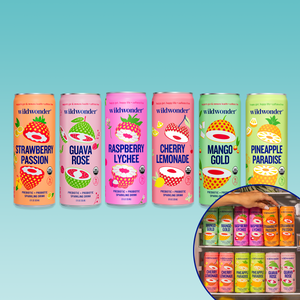 Shark Tank Bundle
Shark Tank Bundle
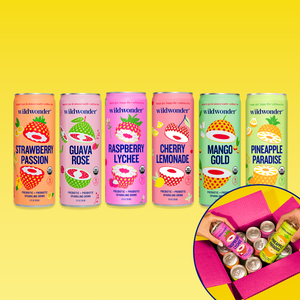 Classic Variety Pack
Classic Variety Pack
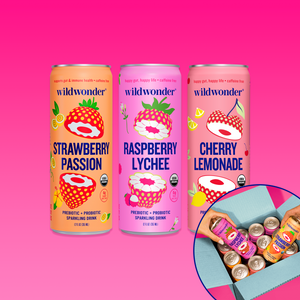 Very Berry Variety Pack
Very Berry Variety Pack
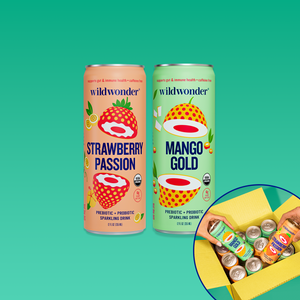 Rosa's Favorite Variety Pack
Rosa's Favorite Variety Pack
 Pink Pomelo Limeade
Pink Pomelo Limeade
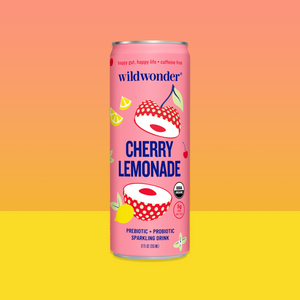 Cherry Lemonade
Cherry Lemonade
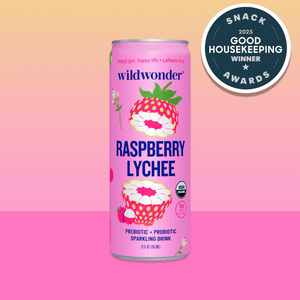 Raspberry Lychee
Raspberry Lychee
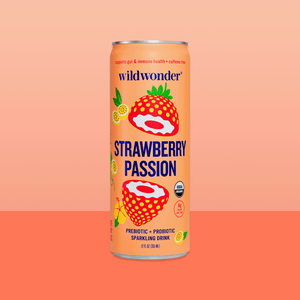 Strawberry Passion
Strawberry Passion
 Pineapple Paradise
Pineapple Paradise
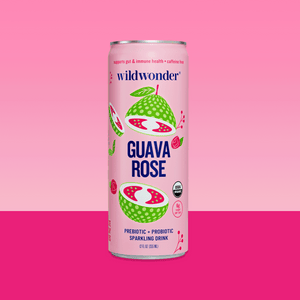 Guava Rose
Guava Rose
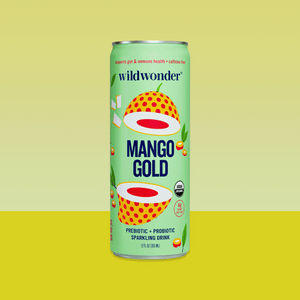 Mango Gold
Mango Gold
 WILD MAHJONG TILES
WILD MAHJONG TILES
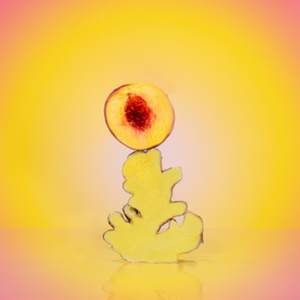 Blog
Blog
 Our story
Our story
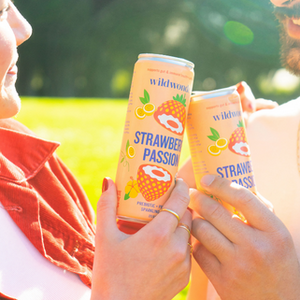 Impact
Impact
